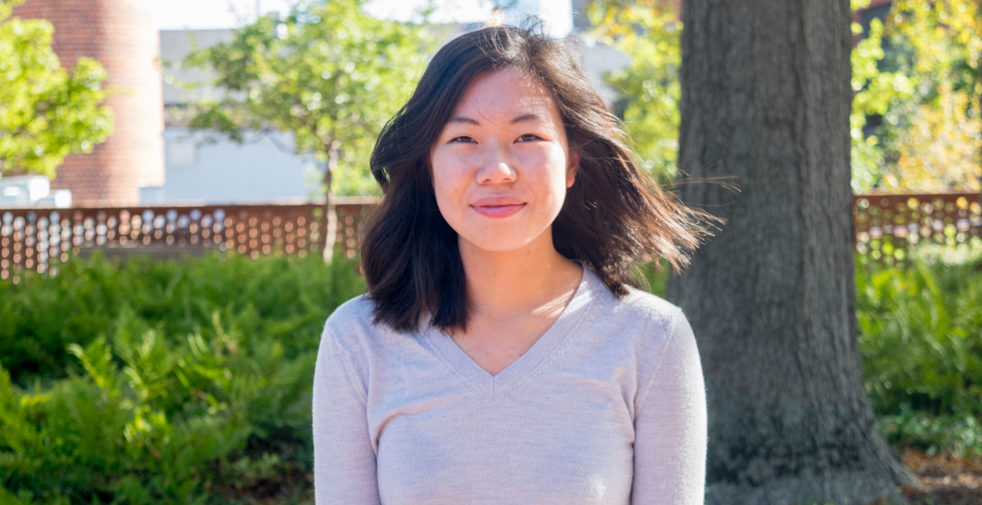In season 5, episode 8 of the hit HBO comedy, “Silicon Valley,” there is a rather poignant scene where Dinesh, a Pakistani-American immigrant, must locate a former co-worker by driving through a pre-Burning Man campground.
He is subsequently astounded not only by how crowded it is, but the fact that people willingly camp for long periods of time at all, asking why “people who aren’t refugees choose to come here and live like refugees.”
While this was intended to be a comedic bit reflective of part of the immigrant experience, I often wonder what people around the world who live in squalid conditions or in refugee camps might think of the intentional exodus of disillusioned city-folk into sometimes very challenging outdoor conditions.
“Privilege” is a word that people like to throw around often. But the very idea of camping, backpacking, mountaineering and other similar outdoor activities is a true privilege that would leave many incredulous.
What might be even more surprising are the astronomical prices of some of the shiny REI outdoor equipment (like stoves, durable sleeping bags or advanced water purification systems) that people splurge on in an ever-improving technological arms race to be the most efficient and most effective at being self-sufficient outside.
This type of outdoor consumerism contrasts sharply with the reality that many people around the world — refugees escaping war and persecution, the homeless and people who live in abject poverty — do not have the privilege of buying expensive gear to appreciate the great outdoors. Instead, they live at the mercy of the whims of nature rather than wielding nifty tools to bend it to their will.
This is in no way trying to guilt or shame those who have a passion for being outside and for camping. I have spent many nights in a tent in my college career, and I am a fan of outdoor recreation. It teaches the strength of conviction, grit and mental and physical endurance, all of which are invaluable to the development of the individual self. It also promotes community, reflection and environmental conservation — all of which add to improved mental well-being.
On the contrary, I am advocating for a slight shift in perspective when engaging in such outdoor activities, perhaps a heightened awareness of our place in the world and for people to be intentional in engaging responsibly with the outdoors.
I think people who enjoy “escaping” to the outdoors could benefit from recognizing that it takes a certain level of liberty to be able to “escape” into the quiet respite of the woods or mountains in the first place.
It is based on the premise that one can always return to the comforts of their own home, that the kind of mild pain from carrying your belongings in a backpack or reveling in the discomfort of sleeping in a tent is fun because it is transient.
The reality for those who live in poverty is that there is no such escape from the elements, that those who live in a sleeping bag or under a battered tent must continue to do so day in and day out. With the growing proportion of homeless people in major cities on the West Coast and the Syrian refugee crisis playing out in daily news, on the surface, it seems perverse that some of us have transcended modern living to the point of desperately wanting to return to material minimalism.
While once entranced by the idyllic descriptions of those in the transcendentalist movement, I have come to regard the existential yearnings for finding meaning in nature of Henry Thoreau and Chris McCandless to be vapid and entitled. While the outdoors should be enjoyed to its full capacity, it should not be romanticized.
Modern living in a materialistic world can be exhausting and overwhelming, but so is actually facing nature without the modern comforts that we are privileged enough to enjoy.
‘Escaping’ nature is a privilege
